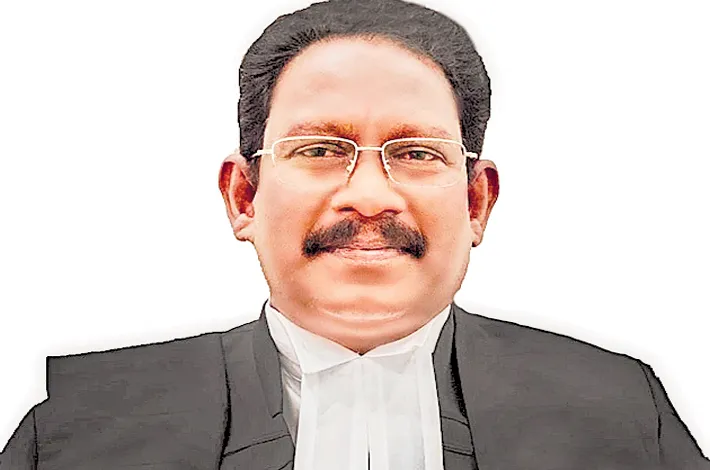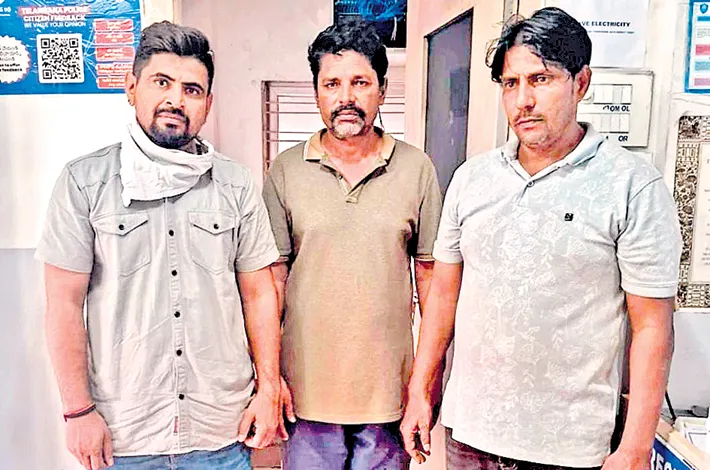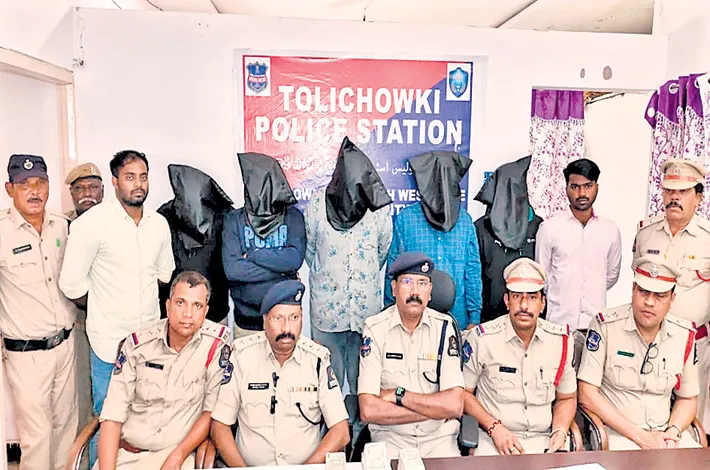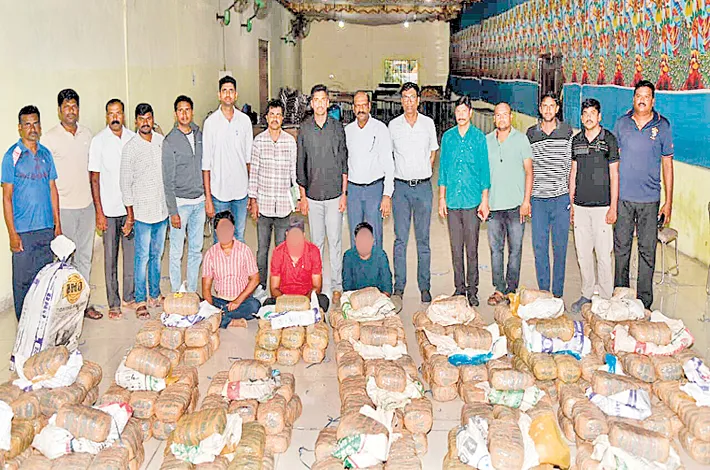When Software meets the Vedas
29-07-2025 12:00:00 AM

In the heart of South India, where the Kaveri River whispered ancient secrets and the air carried the scent of jasmine and sandalwood, Rama Sastry and Meghna wove a love story as timeless as the Vedic hymns Rama studied. At 26, Rama, a Vedic scholar, spent his days immersed in the rhythmic chants of the Rigveda, his voice resonating through the small temple courtyard in Thanjavur. His life was simple, austere even, with no fixed income, only modest offerings from devotees and occasional stipends from scholarly gatherings. Yet, his eyes sparkled with the fire of knowledge, and his heart beat with a quiet devotion to both the scriptures and the woman who had chosen him against all odds—Meghna.
Meghna, 25, was an IT professional in Chennai, her days filled with code, deadlines, and the hum of air-conditioned offices. Her world was modern, fast-paced, and pragmatic, yet she found herself drawn to Rama’s serene presence, his voice like a melody that tethered her to something eternal. They met two years ago at a temple festival in Madurai, where Rama recited the Vishnu Sahasranamam under a banyan tree. Meghna, visiting with friends, paused, captivated not just by the words but by the man who seemed to embody them. His saffron kurta, slightly frayed at the edges, and his calm smile spoke of a life unburdened by material ambition. She returned the next day, and the next, sparking conversations that flowed from Vedic philosophy to her love for filter coffee.
Their love blossomed quietly, like the lotus in a temple pond. Meghna admired Rama’s dedication, his refusal to bend to societal pressures for a “stable” career. Rama, in turn, adored Meghna’s strength, her ability to navigate a world of algorithms while nurturing dreams of a life rooted in love and meaning. But whispers followed them—her colleagues questioned why a woman with a promising career would choose a man with no financial security. Her parents, though fond of Rama’s gentle demeanor, worried about their daughter’s future. Meghna, however, saw beyond the ledger of income. To her, Rama was a treasure, his mind a repository of wisdom, his heart a sanctuary of unwavering love.
They married in a simple ceremony at the Brihadeeswarar Temple, with priests chanting mantras and a small gathering of family and friends. Meghna wore a crimson saree, her bangles clinking softly as she circled the sacred fire with Rama, whose eyes never left hers. Their vows were not just promises of love but a pact to embrace whatever life offered, together. After the wedding, they settled in a modest rented home in Tiruchirappalli, where the rhythm of their days blended tradition and modernity. Meghna left for her IT job each morning, her laptop bag slung over her shoulder, while Rama pored over ancient texts, preparing for advanced Vedic studies at a renowned gurukulam in Sringeri.
Meghna’s income sustained them, but it was her belief in Rama that truly anchored their life. She saw his studies not as a burden but as a shared journey. When he hesitated to apply for the rigorous program at Sringeri, fearing the strain it might place on her, Meghna sat him down under the neem tree in their courtyard. “Your knowledge is our wealth,” she said, her voice firm yet tender. “I’m not just supporting you; I’m investing in us, in the life we’re building.” Rama, overwhelmed, took her hands, his calloused fingers tracing hers. “I don’t deserve you,” he whispered. Meghna laughed, her eyes dancing. “You don’t get to decide that, my scholar.”
Life wasn’t without challenges. Meghna’s long hours sometimes left her exhausted, and Rama’s studies demanded late nights, poring over Sanskrit texts by the flicker of an oil lamp. There were months when bills piled up, and they skipped small luxuries—a new saree for Meghna, a book Rama longed for. Yet, they faced these moments with grace. On lean days, they’d share a simple meal of curd rice and mango pickle on their veranda, laughing over stories of their childhoods—Rama’s in a village near Kumbakonam, Meghna’s in bustling Chennai. Their love was a quiet rebellion against a world that measured worth in rupees.
Rama’s dedication bore fruit when he was invited to present a paper at a Vedic conference in Varanasi. Meghna took a week off work, insisting on accompanying him. They traveled by train, the South Indian countryside blurring past—paddy fields, coconut groves, and distant temples. In Varanasi, as Rama spoke eloquently on the Yajurveda, Meghna watched from the audience, her heart swelling with pride. Scholars praised his insights, and one offered him a teaching position at a Vedic institute. Rama hesitated, glancing at Meghna. That night, by the Ganges, they talked until dawn. “This is your path,” she said, her voice steady. “We’ll make it work, wherever it takes us.”
Back in Tiruchirappalli, they faced life’s uncertainties with the same unconditional love. When Meghna’s company offered her a promotion that required relocating to Bangalore, they discussed it over cups of steaming chai. Rama, now more confident in his path, agreed to move, knowing he could continue his studies anywhere. They packed their small home, their belongings a mix of her tech gadgets and his worn manuscripts. As they drove toward their new life, the road flanked by tamarind trees, Meghna rested her hand on Rama’s. “We’re enough,” she said softly. Rama smiled, chanting a quiet mantra under his breath, a prayer for their shared journey. Their love, like the Kaveri, flowed steady and deep, unshaken by the world’s judgments or the ebb of fortune. In each other, they found not just a partner but a purpose—a life where Vedic wisdom and modern ambition danced together, bound by a love that accepted all, demanded nothing, and promised everything.








